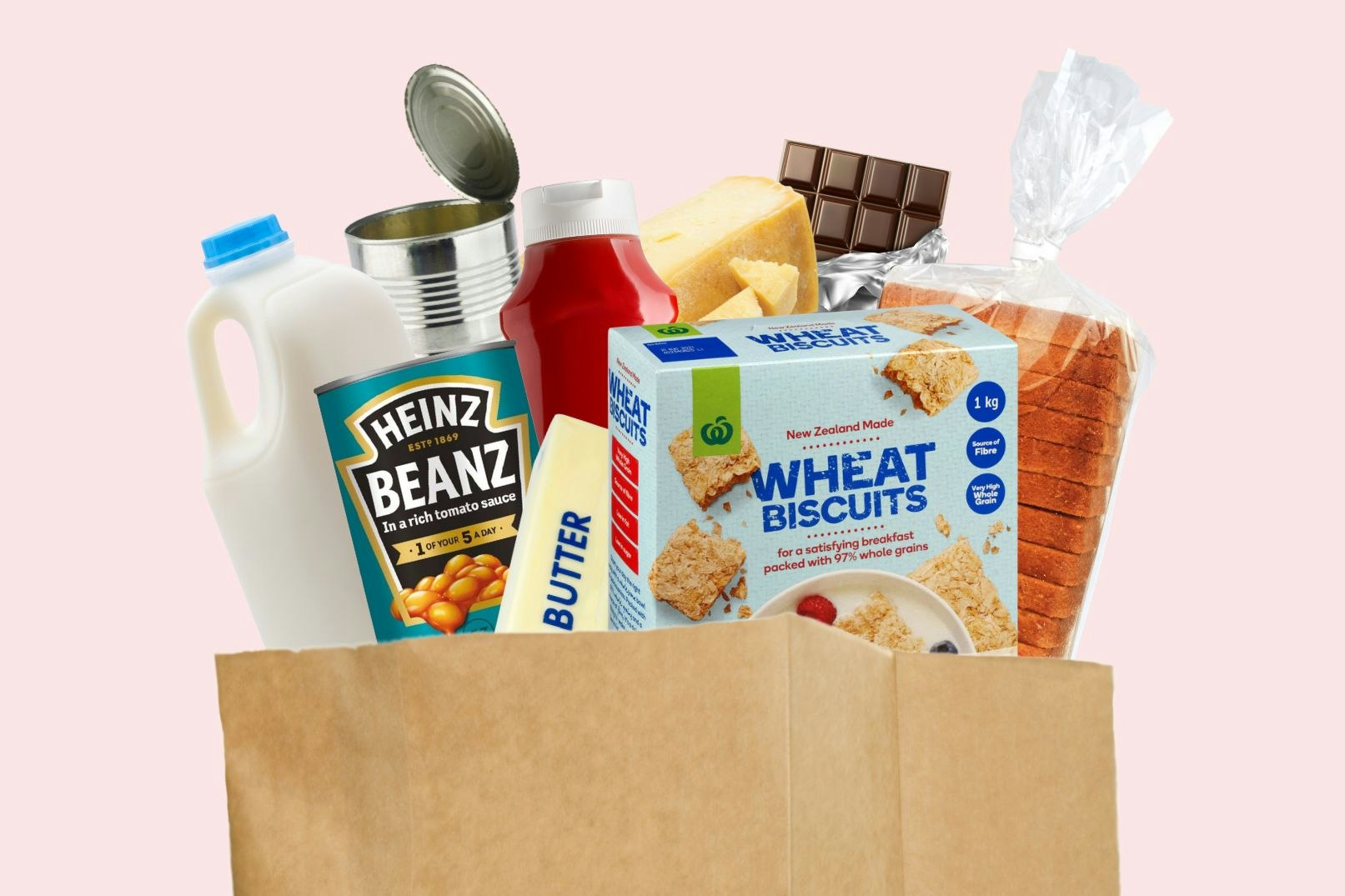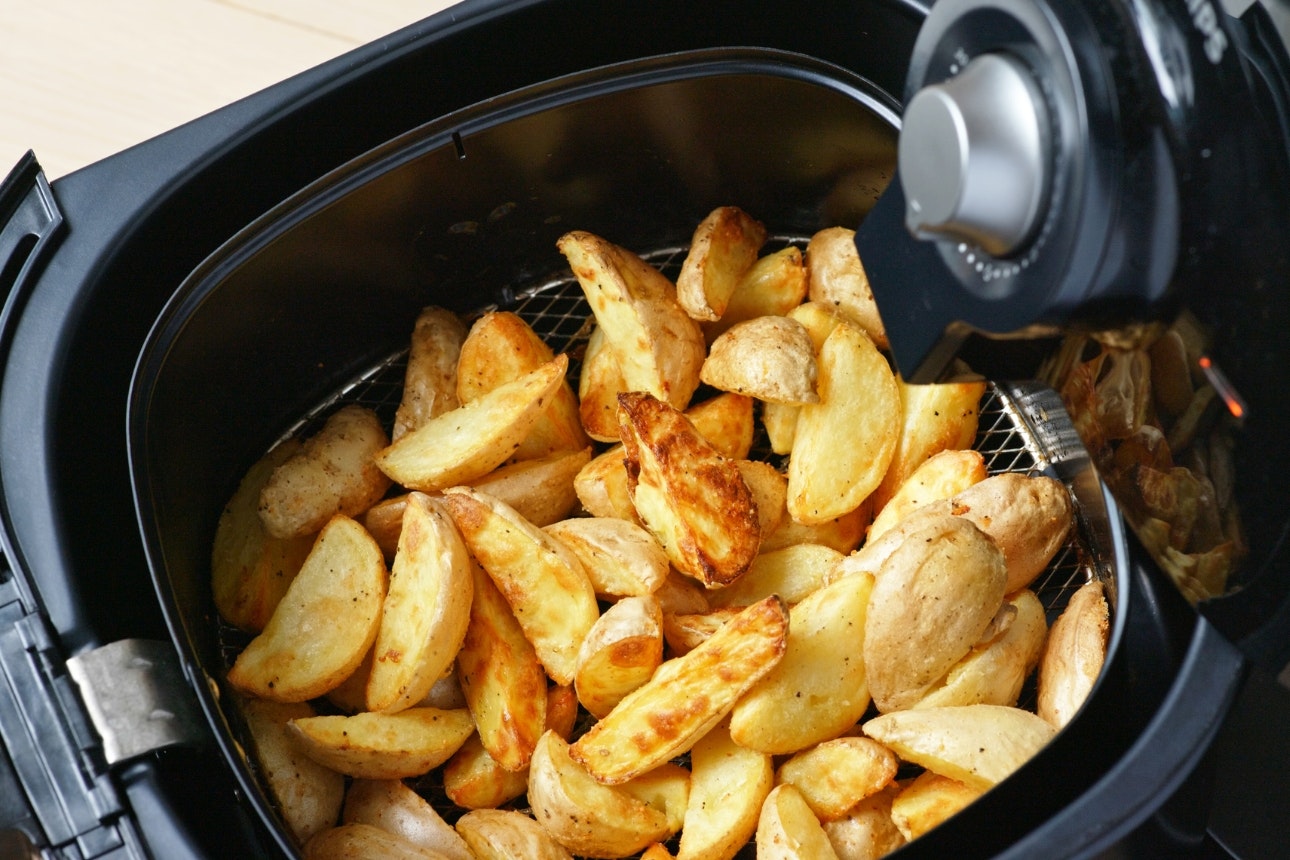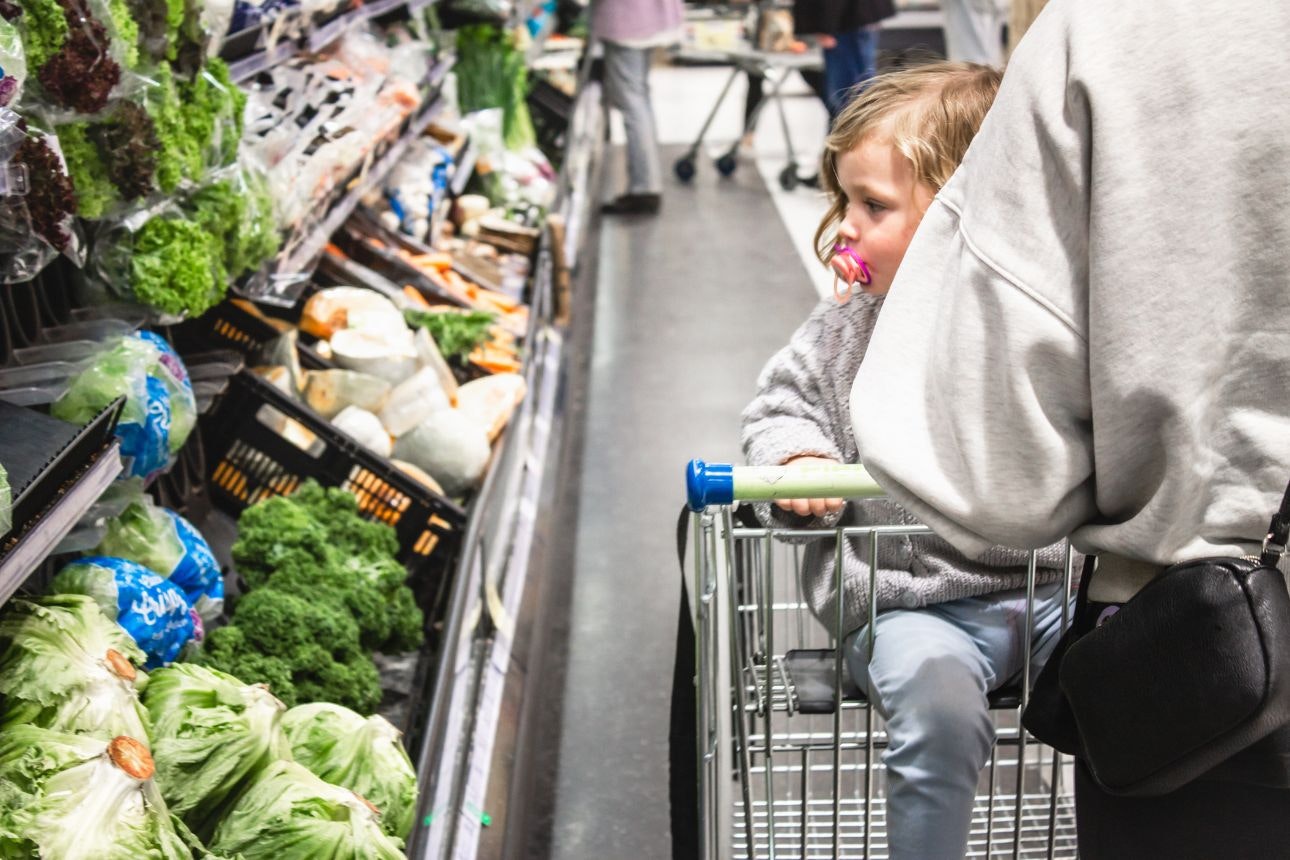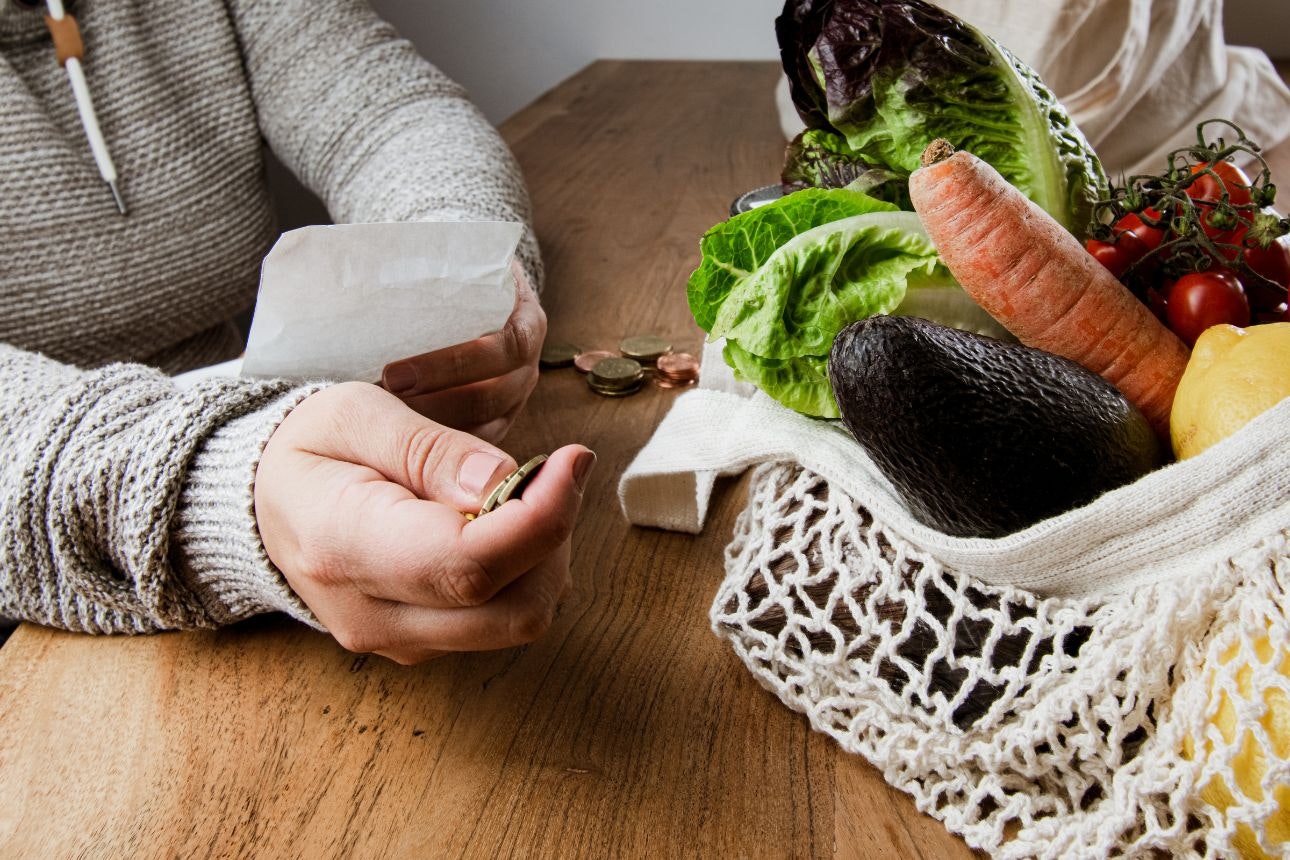
By Chris Schulz
Investigative Journalist | Kaipūrongo Whakatewhatewha
Food producers say it's becoming more difficult to work with our supermarket duopoly, who control prices, shelf space and specials while dictating increasingly unfair terms.
When David* saw a particular kind of carbonated soft drink taking off overseas, he recognised a trend that would soon be hitting Aotearoa. He knew he needed to act fast. This was in 2017 when David had already been in the beverage industry for several years. "I thought, 'OK, we know how to do this, we've got the ability to make it, we're going to really try and push it,’" he said. "We're going to be one of the first to market in this category."
He knew it was going to be competitive. “To succeed, you need to adapt and scale fast,” he recalled. David surveyed his options for getting this new product in front of customers. "You've got dairies, petrol stations, online, specialty stores and gift stores,” he said. “Or you can go to independent grocers."
David wanted to go bigger. He believed in his product, and he was ready to try something he'd never attempted before: get his product into as many of the country’s 400 major supermarkets as possible. "We wanted this to be normal and mainstream," he said.
David worked quickly. He finalised his product and packaging, left his home city and moved to Tāmaki Makaurau. There, he began making contacts in the supermarket industry, which is controlled by two major players: Foodstuffs, the owner of New World and Pak’nSave, and Woolworths NZ. Many believe this duopoly is leading to higher prices for consumers, and it’s been accused of extracting $1 million a day in excess profits. According to the suppliers spoken to for this story, it also dictates increasingly unfair terms for suppliers.
That’s when David realised he was navigating troubled waters. "I always had hope because I was really naive about the whole thing," he said. Looking back, he uses the phrase "parabola of pain" to describe his experiences with the country’s biggest supermarkets. "It got pretty stressful. There is a major power imbalance. It's cut-throat," he said.
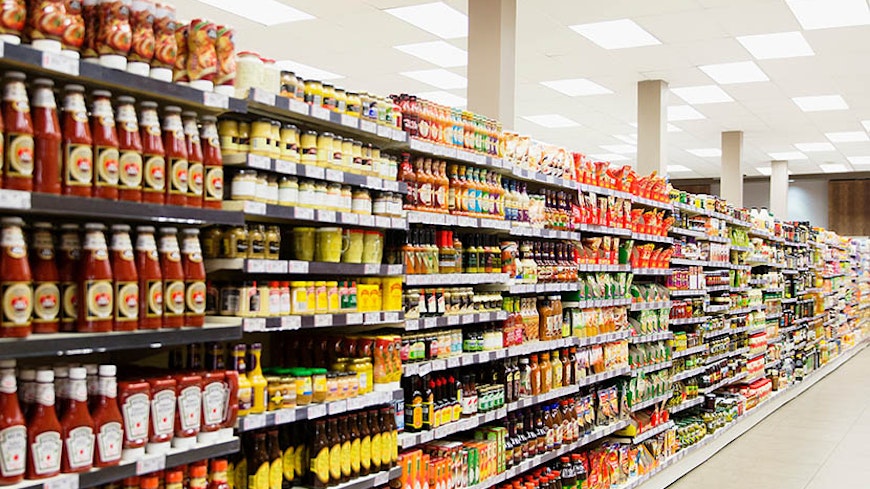
Giving it a punt
By 2018, David could see his gamble was paying off. The drinks trend had done as he’d predicted and had reached Aotearoa, and his company was ready to take advantage of growing demand. In Auckland, he was invited to a meeting at Woolworths NZ’s head office in the industrial suburb of Favona, Māngere. There, he was thrilled to receive an offer: his product could go into 30 Woolworths stores, immediately.
Suddenly, David and his small team had a huge amount of work to do. There was product to make, distribution to organise, and an insane amount of paperwork. “So much data entry, figuring out how to do it, and how to invoice [the supermarkets] correctly, and then how to ship them all. It’s this [huge] learning curve,” he said.
Each store only wanted one box – that’s 12 bottles – at a time. When they got low on stock (which happened quickly), they’d send David a request for more, and David soon found himself spending his days driving between as many Woolworths stores as possible, making sure stock was always on shelves and displayed in an enticing way.
The profits he’d thought would come quickly didn’t happen. He found himself being “squeezed” by supermarket buyers, those responsible for setting terms with suppliers. “They have so much power,” he said. “Sometimes, the buyer would be like, ‘Look, you’ve got to give us free stock, and we’ll put it on special.’” David understood that the supermarkets want to make a profit from products sold on their shelves but still found it hard to accept that they operated in this way. “They just keep squeezing you.”
He was just getting his head around how things worked when he received an email: his product was being upgraded to be stocked in every single Woolworths NZ store – nearly 200 of them. David thought this would be his chance to make some money.
Instead, things only got harder.
Competing against the big guys
David encountered his next problem at the chiller. Supermarket drinks chillers are often dominated by major players like Frucor Suntory and The Coca-Cola Company, and as quickly as David would put his product in a fridge, it would, he alleges, be shifted out the way by competing suppliers. Then Woolworths began importing a competing product from the United Kingdom. “It's like, what the hell are they doing? I'm trying to grow our local brand. Why aren’t they helping?”
David saw competing suppliers offering free pallets of stock to the supermarket buyers to curry favour and shelf space. As a small company, he couldn’t afford to do that.
To try and bring down costs, David developed an accompanying drink flavour so he could send two boxes to each supermarket at a time. “Initially, Woolworths was keen,” he said. He developed the new product, tested it, made it shelf stable. But when he told Woolworths it was ready, they turned him down, saying his drinks were no longer performing.
Three weeks before talking to Consumer NZ, Woolworths dropped David’s initial product entirely.
Other supermarket requirements
David told us supermarkets have a range of requirements for their suppliers. These include suppliers having to:
provide free or heavily discounted stock in exchange for promotions;
pay for specials or discounted products;
pay for breakages, stolen products or products past their best-before dates;
pay “listing fees” to have their product stocked on shelves.

As the strong get stronger, the weak get weaker
We spoke to other suppliers who deal regularly with buyers at the country's biggest supermarkets. They backed up David's experiences and said their margins were getting paper-thin as the duopoly flexed their massive power imbalance over suppliers. Some were struggling to make ends meet as the supermarket buyers pushed them to breaking point. All were reluctant to reveal their names or their companies for fear of retaliation.
One supplier – an importer with 30 years' experience – said supermarkets considered their stores to be "real estate", with suppliers paying to use their services. He said major suppliers with long histories were treated much better than new suppliers. "If a supplier does not adhere to the demands of the supermarket, then their goods will be delisted," he said. "Supermarkets pay for nothing or very little at best." This supplier was only happy to talk with us so candidly as he'd recently retired. "I could never have said these things when I was in business."
Another supplier with three decades of experience supplying supermarkets said supermarket buyers acted like gods, with the power to manipulate suppliers into accepting tighter margins every year. “Both chains know we can’t afford to lose their business,” they said. “If we lost one supermarket chain, half our business would be gone - it’s ruthless.” This supplier said they were no longer making any money from their business. "They just keep screwing us down to increase their own profit margins. It’s getting harder and harder”.
When they first started supplying supermarkets in the 1990’s, this supplier said the supermarkets’ gross profit margin (the amount of profit the supermarket makes) used to be 8-10%. Over the last two decades, they claim their profit margins have crept upwards every year - up to 45% on the same products.
The suppliers claimed supermarkets did this by forcing the suppliers to give them cheaper deals then charging customers more. “Every time you go to a supermarket buyer, it’s, ‘What's your latest deal? What’s your best price?’ It's very hard. They play us off against each other for lower prices and use the threat of deletion.”
These suppliers told us they’d reached breaking point at the end of 2023, following two years of wearing much higher wage and other cost increases. “We told one of the key buyers that we needed to raise prices and justified the increase with proof of real wage and other input cost increases,” they said. The supermarket buyer replied with a direct warning and a threat to delete the suppliers products. The very next month the same supermarket increased the shelf prices of these same products – profit that went only to the supermarket, not the supplier. “They are raping the country,” the suppliers told us.
Suppliers said the new supermarket regulations were toothless and weren’t working. They suggested regulations were needed to give real transparency on profit to show how uncompetitive the supermarkets were. “Profit margins on fast moving / high volume consumer goods should not be 45%,” one supplier said. They’re now considering exiting the industry altogether. "I wish we'd done some other business. We would have been much more successful ... anything other than supplying supermarkets."
The supermarkets respond
We sent a list of specific claims made by suppliers in this story to Woolworths NZ. A spokesperson said they couldn’t respond to each claim as “every supplier relationship is unique”.
Instead, they highlighted Woolworths’ ranking “by our suppliers as the number one retailer to do business with for the last four years. This reflects the positive way we choose to do business at Woolworths. We are always open to having conversations with any supplier, large or small, about how we can help sustain and grow their business.”
A Foodstuffs spokesperson said their supermarkets were owned by local grocers with "strong connections in their communities" and offered local products. "Many successful Kiwi brands have started out by talking to the owner of their local store to give them a go on their shelves, before they become regionally, or nationally, ranged through the central buying teams at each co-op," they said.
They denied their supermarkets had listing fees, saying "many suppliers choose to merchandise their own stock". Promotions and loyalty discounts were "collaborative efforts negotiated with suppliers". In all cases, they said their supermarkets adhered to the Grocery Supply Code.
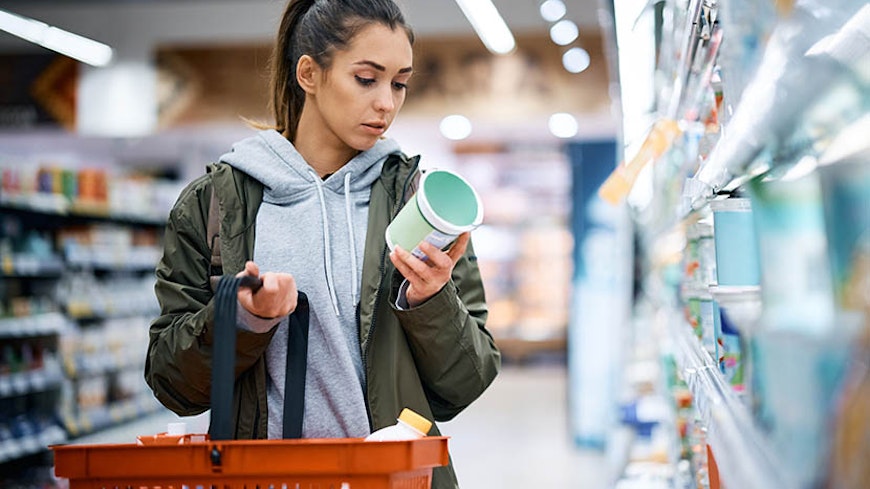
What’s happening in the supermarket sector
In response to the accusation of the major supermarkets raking in $1 million excess profits a day, a mandatory Grocery Supply Code was introduced in September 2023. The code aims to increase transparency and certainty for suppliers. The Commerce Commission said this would “give suppliers more confidence to innovate and invest in more choice for consumers”.
New Zealand’s Grocery Commissioner, Pierre van Heerden, released an annual review of the code in September 2024. He called it a “red flag” and said things had gotten worse rather than better. “In contrast to the supermarkets' claims, the Commission's analysis shows that the retail prices of the major grocery brands have been increasing faster than the prices the major supermarkets pay to their suppliers,” he said.
Despite the code's introduction, the review admits many suppliers "are fearful of retailers” and the Commission “continues to hear of bullying behaviour". It has instigated an anonymous reporting tool for anyone who has experienced illegal behaviour or bullying.
In December 2024, the Commission filed criminal complaints against Woolworths and Pak'nSaves Silverdale and Mill Street over inaccurate pricing and misleading specials. "Supermarkets have long been on notice about the importance of accurate and clear pricing and specials, and we're not satisfied with the continuing issues we're seeing across the industry,” said Commission Deputy Chair Anne Callinan.
“It’s a game of snakes and ladders, and I landed on a snake”
David has been out of the supermarket game for several months now, and he’s happy he’s no longer dealing with what he described as a “mafia”-like situation. He’s adamant he’d never do it again, “unless I had $1 million in marketing budget and a full range of products.” He’d also want regular and transparent data updates from the supermarkets about sales and trends.
David now sells his drinks through a distributer, who organises supply chains and promotions to get them in front of the consumers. They take a large cut but he’s happy to be one step removed from the process and feels it’s worth having someone else deal with supermarket buyers. “There’s a major power imbalance,” he said. “It’s a game of snakes and ladders, and I landed on a snake.”
* Not the person’s real name.
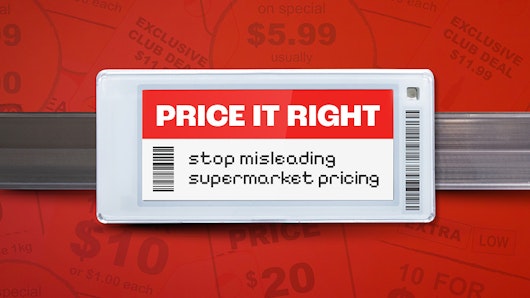
Make supermarkets price it right
Find out about our campaign to tell the government we need clear rules, stronger penalties and automatic compensation for shoppers.
